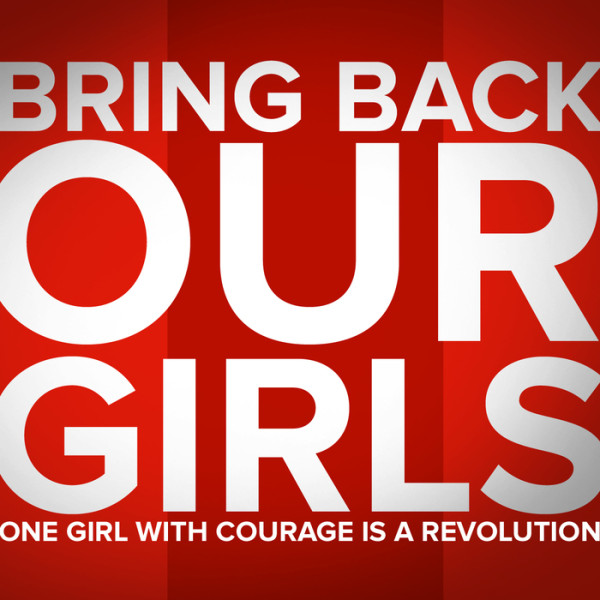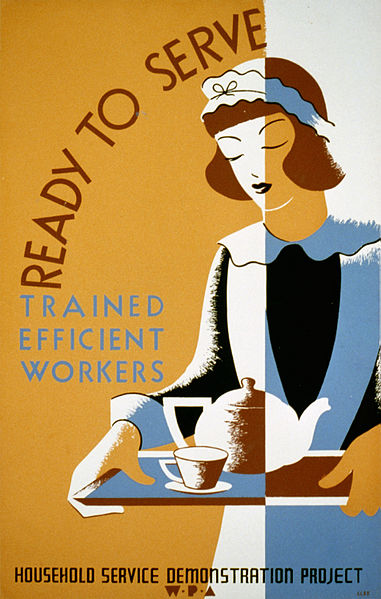A friend asked me recently, commenting on the news of United Methodist clergy celebrating weddings for same-sex couples, “Where do you stand?” Specifically, she wanted to know what I would do if a same-sex couple came to me to celebrate their wedding.
It’s not a short answer.
Our church’s fights over sexuality are part of why it took me so long to be ordained. If I’m honest, I was hearing God at least as far back as college but was still resisting the call even during seminary. Besides a Jonah-like stubborn streak, the sexuality wars were part of my resistance. Some of the people who inspired me most in ministry, who gave me a vision for what it could be like to serve in the church, are gay. I watched as they switched gears into other careers and callings. I went to seminary with some who would be much stronger clergy then I am, but who don’t have that option available, based on their God-given sexuality.

For too long I thought accepting God’s call to ordained ministry meant accepting everything the United Methodist Church currently states in its Book of Discipline. (Here’s the section called The Social Principles, where our positions on most cultural issues are found. We currently do not ordain “self-avowed practicing homosexuals” nor are clergy permitted to officiate or churches permitted to host same-sex ceremonies.) I knew I couldn’t do that with integrity and it held me back. I didn’t exactly have to spend time in the belly of a whale, but through years of wrestling and running I came to understand it differently. I realized I need to be able to articulate the church’s current positions but complete agreement on non-doctrinal matters was not part of the call.
During the Jonah years, during the long-awaited ordination process, and during my ministry I have not been quiet about my disagreement. In my preaching, teaching, conversation, writing, witness and pastoral care, I have not been quiet. But let me be crystal clear: love is love; I fully support LGBTQ people, marriage equality, and ordination regardless of sexuality. I think our church is wrong on this and I’m inspired by the rumblings and protests and what feels like more and more energy in the right direction. I am rooting for change and I am trying to help enact it.
Last spring I signed An Altar for All. I really wanted to sign the first option, that I would officiate at same-sex weddings. After thought, prayer, and a long conversation with my husband, I signed the second option, which is “clergyperson supportive of others officiating same-sex ceremonies.”
Of course I wanted to sign option one. Of course I want to be able to say yes when students, alumni, and friends come to me asking to be married. I want all of them to know they can come and I can say yes.
We’re not there yet.
The problem with taking a long time to answer God’s call to ordained ministry is I had plenty of time to get really clear on what I was answering. The call is from God and my deepest allegiance is there, which is why I understand and support clergy who feel called to act in defiance of our current Book of Discipline (a document that is by its nature changeable, edited every four years at General Conference). But for reasons I still don’t fully understand, God called me to ministry in the United Methodist Church and I believe God is still calling me to ministry in this church.
When my husband and I discussed this and the dynamics of institutional change, he said, “Not everyone can be the point of the spear.” Some are called to this. Some are called to work more incrementally, from within the system as it currently exists. I would love to be the point of the spear. My ego wants that. But being a Christian means God’s call takes precedence over the way I would write the story.
I still hear God calling me to ordained ministry in the United Methodist Church. And I believe God is working in the church and transforming individuals and the institution. I hope the work goes quickly and I am trying to be part of that work – because I believe the church is better with me in it. That’s not always a comfortable or ego-pleasing place to be, but it’s the place I feel called to be.
I don’t know what will happen in our church. We seem to be gaining momentum, at least in the United States. I don’t know if we’ll be tempted to split or if we’ll give in to that temptation. Maybe, if we do, it won’t be temptation but yet another call. I can’t tell from here.
All I can tell you is that, for now, I would have to say no to officiating at a same-sex ceremony. Even as my heart would want to scream yes and even as I continue to work for change in the institution. Even as it breaks my heart that we’re still here and still stuck. Even as I would be unable to serve as a juror in a clergy trial because I’d never find someone “guilty” of officiating a same-sex wedding. Even as it would be both a huge victory and a huge embarrassment to have the Commonwealth of Virginia “beat us to it.”
But the end of the story is never where we think it is with God. We worship a wily and confounding God who is surely stirring hearts and minds as She blows through this institution, messing with our ideas, allegiances, sacred cows, and callings. So I keep attentive, keep listening, keep hopeful. And I keep working for change, for justice.
*
Photo credit: Reconciling Ministries Network












